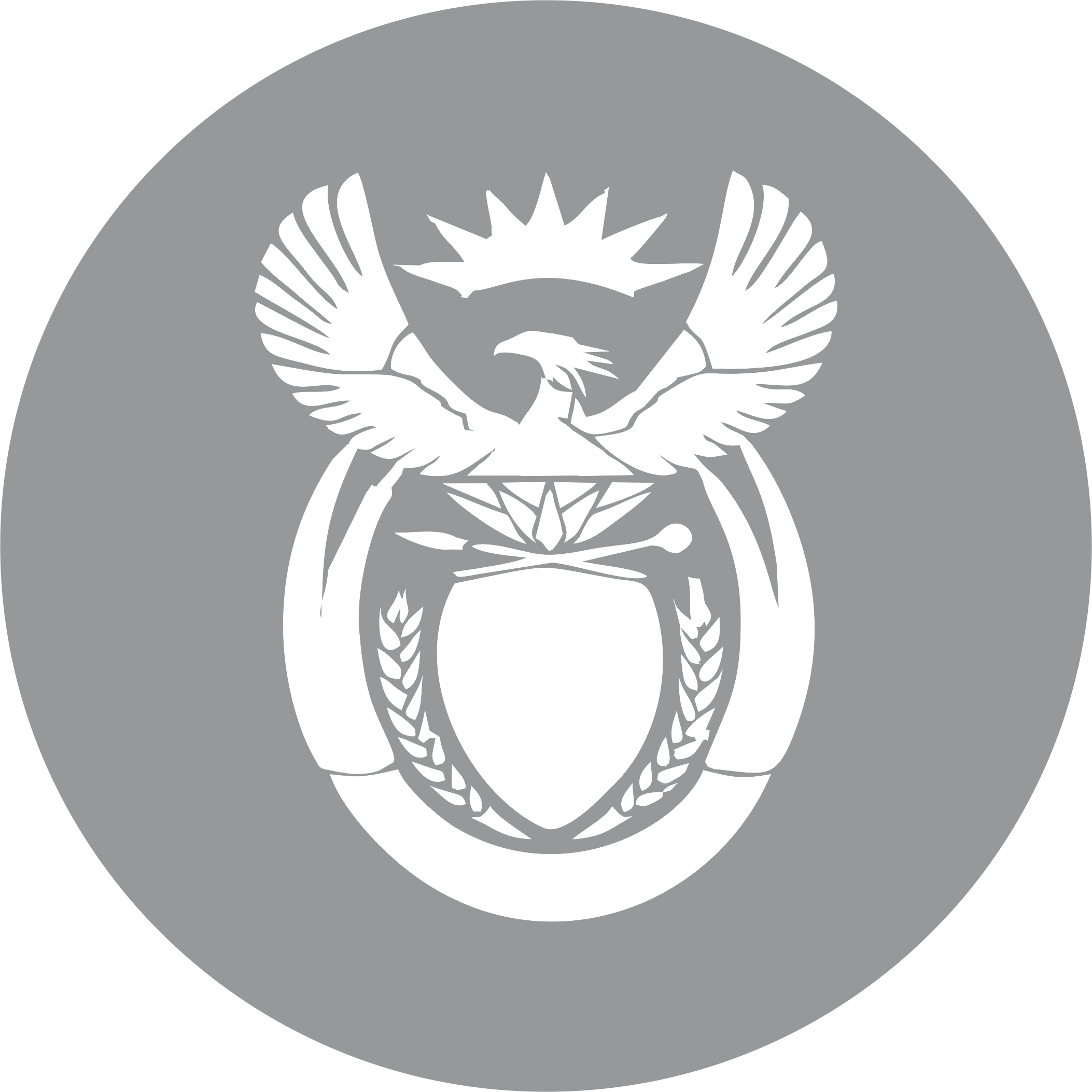
20 Sep Tips on Keywords and How Job Portals Shortlist Candidates
Why Saving Your CV in a Searchable Format is Crucial:
Tips on Keywords and How Job Portals Shortlist Candidates
In the digital age, your CV is often the first impression you make on potential employers. To maximize your chances of landing your dream job, it’s essential to save your CV in a format that is easily searchable and optimized with relevant keywords. This blog explores why saving your CV in a searchable format is crucial, the importance of incorporating keywords, and how job portals use these keywords to shortlist candidates.
The Importance of a Searchable CV Format
- Ensures Accessibility: Saving your CV in a searchable format, such as .docx or .pdf (with text recognition), ensures that it is accessible to both hiring managers and applicant tracking systems (ATS). Unlike image formats (.jpg or .png), searchable formats allow text to be extracted and read by software, making it easier for your CV to be reviewed and ranked.
- Enhances Compatibility: Many job portals and company HR systems are designed to scan and analyze CVs submitted in searchable formats. Image formats are often unreadable by these systems, meaning your CV might not even be seen by a human recruiter if it’s not in the right format.
- Facilitates Text-Based Search: When your CV is in a searchable format, recruiters and ATS can easily search for specific keywords and phrases related to the job description. This functionality is crucial for your CV to be found among thousands of applications.
The Power of Keywords in Your CV
1. Increases Visibility: Keywords are terms and phrases that recruiters and ATS use to search for candidates with specific skills, qualifications, and experiences. By incorporating relevant keywords into your CV, you improve your chances of being found and shortlisted for job openings.
2. Aligns with Job Descriptions: Analyze job postings in your field to identify commonly used keywords and phrases. Ensure these keywords are naturally included in your CV’s job titles, responsibilities, skills, and achievements.
3. Examples of Effective Keywords:
Technical Skills: “Data Analysis,” “Project Management,” “JavaScript,” “SEO Optimization”
Soft Skills: “Leadership,” “Communication,” “Team Collaboration,” “Problem Solving”
Certifications: “Certified Public Accountant (CPA),” “PMP Certification,” “Certified Scrum Master”
Industry-Specific Terms: “Financial Reporting,” “Social Media Strategy,” “Customer Relationship Management (CRM)”
4. Use Variations and Synonyms: Employ different variations and synonyms of important keywords to ensure that your CV matches a wider range of search queries. For instance, use both “Digital Marketing” and “Online Marketing” if they are relevant to your experience.
How Job Portals Shortlist CVs
1. Keyword Matching: Job portals use ATS to scan and parse CVs based on keyword relevance. When you upload your CV, the ATS software searches for specific keywords related to the job posting. CVs that include these keywords are more likely to be flagged as suitable candidates.
2. Ranked Based on Relevance: ATS ranks CVs based on how closely they match the job description. CVs with a high density of relevant keywords and well-structured content are ranked higher, increasing the likelihood that they will be reviewed by human recruiters.
3. Analyzing and Filtering: The ATS parses CVs to extract relevant information such as skills, job titles, and experience. It then filters CVs based on predefined criteria. Ensuring your CV is in a readable format and includes pertinent keywords helps the system accurately assess your qualifications.
4. User Preferences: Some job portals allow recruiters to set specific preferences and filters, such as required skills or experience levels. By including these preferences in your CV, you increase the chances of your application aligning with the recruiter’s criteria.
Tips for Optimizing Your CV for Searchable Formats
Save in a Text-Based Format: Use .docx or searchable .pdf formats to ensure your CV can be read by ATS and recruiters.
Incorporate Relevant Keywords: Analyze job descriptions to include relevant keywords in your CV.
Use a Clear Structure: Organize your CV with clear headings and bullet points to enhance readability and keyword matching.
Regularly Update Your CV: Keep your CV updated with the latest skills, experiences, and industry-specific terms.
By adhering to these best practices, you not only enhance the readability of your CV but also increase its chances of passing through automated systems and catching the attention of recruiters. Optimize your CV today and pave the way for your career success.



